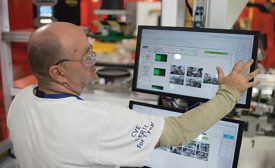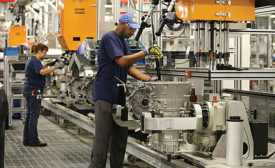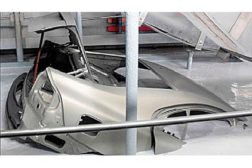Home » Keywords: » high-mix production
Items Tagged with 'high-mix production'
ARTICLES
Faurecia’s Factory of the Future
A state-of-the-art plant in Columbus, IN, is a showcase for Industry 4.0 technology.
March 1, 2017
Mastering Changeover
Smooth flow is vital to high-mix production initiatives
December 1, 2016
2016 Assembly Plant of the Year: Bosch Rexroth Flexes Its Lean Production Muscle
High-mix lines and continuous improvement drive growth in Fountain Inn, SC.
October 1, 2016
Mixed-Model Assembly Is Key to Profitability
Assembly lines today must be as flexible as possible without compromising efficiency.
May 5, 2016
2014 Assembly Plant of the Year
Assembly Plant of the Year: STIHL Stays a Cut Above the Competition
Flexible assembly lines and vertical integration thrive in Virginia Beach.
October 3, 2014
Never miss the latest news and trends driving the manufacturing industry
Stay in the know on the latest assembly trends.
JOIN TODAY!Copyright ©2025. All Rights Reserved BNP Media.
Design, CMS, Hosting & Web Development :: ePublishing












